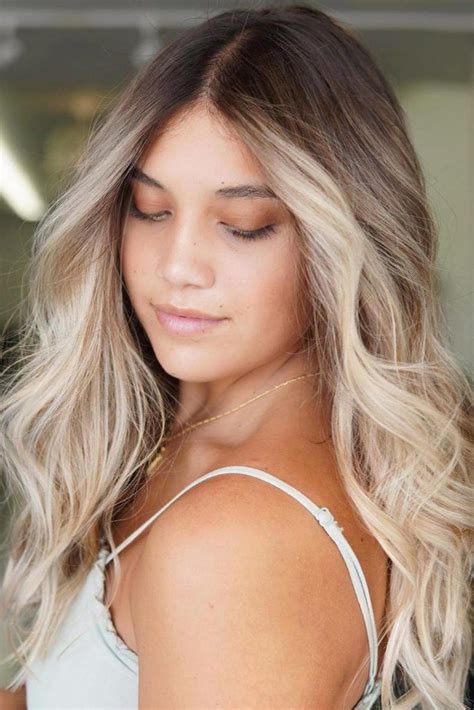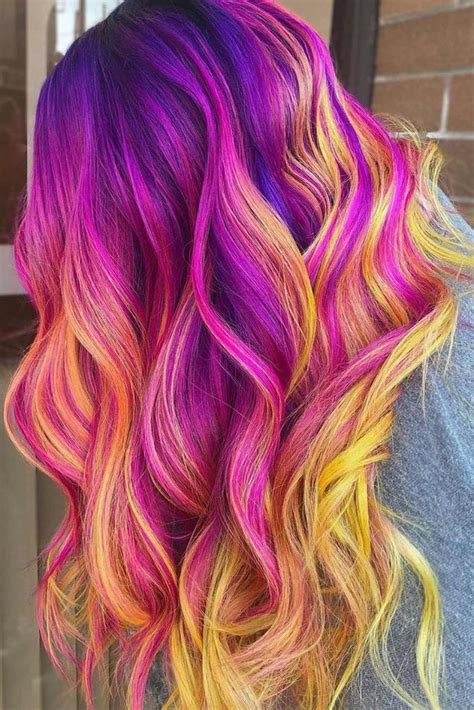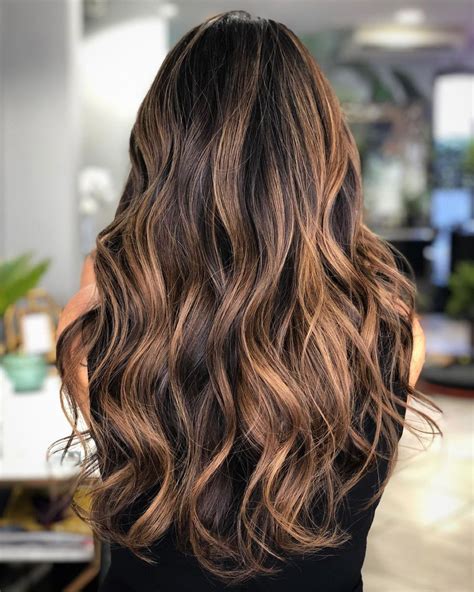Discover the impact of bleach damage on hair, how to choose the right products for repair, gentle haircare routines, natural remedies, and seeking professional advice.
Understanding the Effects of Bleach Damage
Contents
When it comes to maintaining healthy hair, it’s important to understand the effects of bleach damage. Bleach can strip the hair of its natural moisture and oils, leaving it dry, brittle, and prone to breakage. Additionally, the pH level of the hair is altered, making it more susceptible to damage from everyday styling and environmental factors.
Furthermore, the cuticle layer of the hair can become compromised, leading to frizz, tangles, and a lack of shine. Over time, repeated bleaching can weaken the hair’s structure, causing it to become thin and fragile. It’s crucial to be aware of these effects in order to take the necessary steps to repair and restore the hair’s health.
Understanding the effects of bleach damage is the first step towards finding the right solutions for your hair. By identifying the specific issues caused by bleach, you can tailor your haircare routine and product selection to address these concerns and prevent further damage.
By seeking professional advice and utilizing repairing products, you can effectively combat the effects of bleach damage and work towards restoring your hair’s strength, resilience, and vitality.
Choosing the Right Repairing Products
When it comes to repairing bleach-damaged hair, it’s crucial to choose the right products that are specifically designed to nourish and restore the hair. Look for products that contain ingredients such as keratin, amino acids, and vitamins that can help strengthen and repair the hair shaft. These ingredients work to penetrate the hair cuticle and provide deep conditioning and nourishment to the damaged strands.
In addition to repairing the damage, it’s important to choose products that also provide moisture and hydration to the hair. Bleach can strip the hair of its natural oils and moisture, leaving it dry and brittle. Look for products that contain hydrating ingredients such as argan oil, coconut oil, and shea butter to help restore moisture and improve the overall health of the hair.
When selecting repairing products, it’s also important to consider the formulation of the products. Opt for sulfate-free shampoos and conditioners, as sulfates can be harsh and drying on already damaged hair. Look for products that are specifically labeled as repairing or restorative to ensure that they are formulated to target and address the specific needs of bleach-damaged hair.
Furthermore, you may want to consider incorporating leave-in treatments and hair masks into your haircare routine. These products provide an extra layer of nourishment and repair to the hair and can help to improve the overall condition of the hair over time. Additionally, using heat protectant products when styling your hair can help to prevent further damage and breakage, allowing the hair to repair and restore itself.
Implementing a Gentle Haircare Routine
When it comes to dealing with bleach-damaged hair, it’s important to implement a gentle haircare routine that focuses on restoring and maintaining the health of your hair. One of the first steps in this routine is to choose a sulfate-free shampoo and conditioner that will help to prevent further damage to your hair. Look for products that are specifically designed for damaged hair, as they will contain ingredients that nourish and strengthen the hair follicles.
Another important aspect of a gentle haircare routine is to avoid heat styling tools as much as possible. Excessive heat can cause further damage to already compromised hair, so it’s best to let your hair air dry and embrace your natural texture. If you do need to use heat styling tools, be sure to use a heat protectant spray to minimize the damage.
In addition to using the right products and minimizing heat damage, it’s also essential to incorporate regular deep conditioning treatments into your haircare routine. Deep conditioning treatments help to nourish and moisturize the hair, improving its overall health and appearance. Look for products that contain natural oils and proteins to provide your hair with the nutrients it needs.
Lastly, make sure to be gentle with your hair when washing, detangling, and styling. Avoid rough handling and use a wide-tooth comb to gently detangle wet hair. When styling, opt for loose hairstyles that minimize tension on the hair shaft.
Utilizing Natural Remedies for Restoration
When it comes to repairing bleach-damaged hair, natural remedies can be a great option for restoration. Ingredients found in natural remedies are often less harsh on the hair and can provide nourishment and hydration to damaged strands.
One popular natural remedy for repairing bleach-damaged hair is using coconut oil. Coconut oil is known for its moisturizing properties and can help improve the overall health of the hair.
In addition to coconut oil, argan oil is another natural remedy that can be beneficial for repairing bleach-damaged hair. Argan oil is rich in vitamins and antioxidants that can help restore the hair’s vitality and shine.
Aloe vera is also a powerful natural remedy for restoring bleach-damaged hair. It has soothing and hydrating properties that can help calm the scalp and promote healthy hair growth.
Lastly, apple cider vinegar can be used as a natural remedy for restoring bleach-damaged hair. It can help remove build-up from the scalp and hair, leaving the strands clean and revitalized.
Seeking Professional Help and Advice
When dealing with bleach-damaged hair, it’s important to seek the guidance of a professional hair stylist to properly assess the extent of the damage and recommend the best course of action for repair. A professional stylist can provide personalized advice and treatment options based on the individual’s unique hair type and condition.
Additionally, seeking the advice of a trichologist or dermatologist can be beneficial for those experiencing severe hair damage. These experts specialize in the health of the hair and scalp, and can offer valuable insights into the underlying causes of the damage and recommend appropriate medical treatments or therapies.
Consulting with a professional can also help prevent further damage by receiving expert guidance on proper haircare techniques and product recommendations. This can help individuals avoid common mistakes and misinformation that may exacerbate the existing damage.
Ultimately, seeking professional help and advice can provide individuals with the knowledge, tools, and resources to effectively repair their bleach-damaged hair and prevent future damage, leading to healthier, more resilient hair in the long run.











